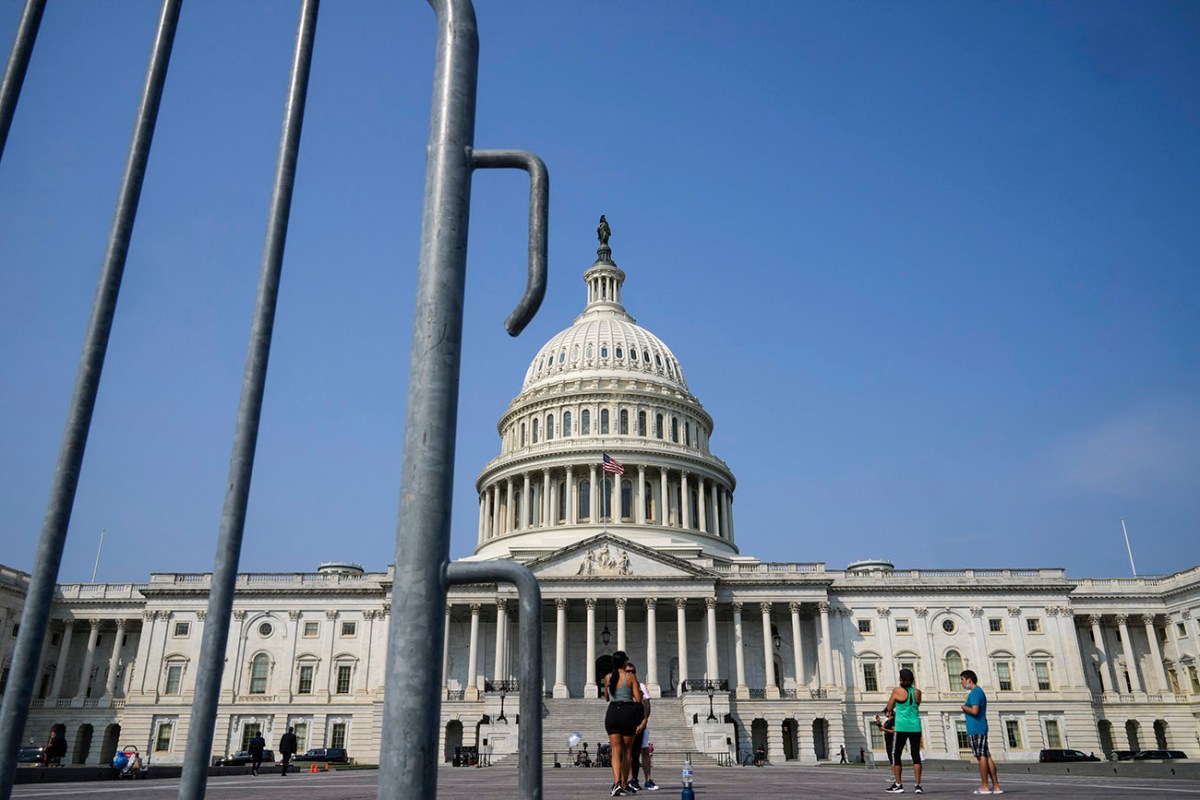
International Governments Call Out Biden Over EV Tax Credits
The new EV tax credits proposed in the United States Congress have been controversial legislation from its onset. The new tax credits would allow consumers to get an incentive of up to $12,500 on qualifying vehicles. However, the criteria for qualifying are what’s causing a growing debate that has now crossed international borders.
International governments oppose the new EV tax credits

According to a report from Reuters, the European Union, Germany, Japan, Mexico, France, South Korea, Italy, and more have sent a letter to U.S. Congress opposing the newly proposed EV tax credits. The countries have stated that the EV tax credits are illegal according to current international trade rules.
The letter was signed by 25 ambassadors and was sent to the Biden administration on Friday, October 29th, 2021, just days before this article was written. The letter stated that “limiting eligibility for the credit to vehicles based on their U.S. domestic assembly and local content is inconsistent with U.S. commitments made under WTO multilateral agreements.”
The new legislation is a $12,500 tax credit that includes $4,500 for union-made EVs built in the united states and an additional $500 for EV batteries made in the U.S. After 2027, only vehicles built in the U.S. would qualify for the new credits.
Ambassadors from Poland, Sweden, Spain, Austria, Belgium, Cyprus, Malta, Ireland, Netherlands, Finland, Greece, and Romania have all spoken out against the increased EV tax credits as written.
The Ambassadors said the legislation “would violate international trade rules, disadvantage hard-working Americans employed by these automakers, and undermine the efforts of these automakers to expand the U.S. EV consumer market to achieve the (Biden) administration’s climate goals.”
The tax credit legislation would disproportionately benefit the big three

Besides being backed by President Joe Biden, the new EV tax credits are supported by Ford Motor Company, General Motors, and Stellantis (Chrysler). The Detroit big three automakers have such strong support for this legislation because they all use union labor in their U.S.-based manufacturing facilities.
As it stands, if the legislation were to pass, it would mean that EV customers would have a significant financial incentive to purchase a new EV from Ford, GM, or Stellantis versus one of their competitors.
The UAW (United Auto Workers) union supports the bill as well. UAW President Ray Curry stated that the new EV tax credits will “create and preserve tens of thousands of UAW members’ jobs” as well as “be a win for auto manufacturing workers.”
Elon Musk, Foreign automakers, and Canada are not happy with the legislation
Several foreign automakers with manufacturing plants in the U.S. would not benefit from the new legislation because they do not use union labor. Automakers such as Toyota, BMW, Volkswagen, Honda, and Hyundai have spoken out against the bill.
The future EVs from those automakers would be at a significant disadvantage if they cannot offer the same tax incentives as their domestic competitors.
Tesla CEO Elon Musk has also criticized the legislation and accused it of being “written by Ford/UAW lobbyists.” Despite Tesla being an American automaker with manufacturing facilities in the United States, Tesla does not use union labor so its vehicles would not qualify for the additional tax incentives.
Additionally, the Canadian government has spoken out against the new EV tax credits claiming that the legislation will violate the USMCA (United States-Mexico-Canada) trade agreement. The Canadian government is even mulling the possibility of challenging the legislation in court.
Even other United States representatives are opposed to the legislation

The opposition to the bill is not only coming from foreign automakers and international governments but from within the United States as well. In the last week of October, eleven Republican representatives wrote a letter to the U.S House of Representatives asking to reconsider the legislation.
Each Republican politician that signed the letter represents a state that houses one of the automakers that would be negatively affected by the bill should it pass.
It is unclear if any of the foreign governments previously mentioned are considering legal action apart from Canada. However, we would not be surprised if the bill was challenged in an international court.


